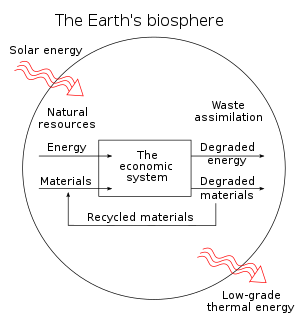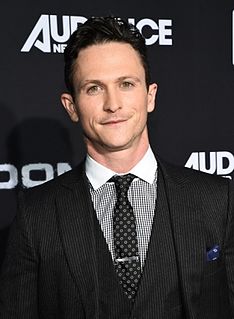A Quote by Herman E. Daly
We need an economics fit for purpose in a finite and entropic world.
Related Quotes
What I assert and believe to have demonstrated in this and earlier works is that following the finite there is a transfinite (which one could also call the supra-finite), that is an unbounded ascending lader of definite modes, which by their nature are not finite but infinite, but which just like the finite can be determined by well-defined and distinguishable numbers.
China likes the idea of sovereign rights when it comes to organizing their politics as they see fit, and their economics. But they may grudgingly come to understand certain things differently in the area of climate or disease. China is a country fairly integrated into the world. Yet China is uncomfortable with this idea because they worry it will constrain their freedom, politically and economically, to do what they believe they need to do to maintain political stability and cohesion.
We desperately need some new thinking today about systems of global governance. We're stuck with the same obsolete, ignore-the-earth institutions that were brough into being after the 2nd World War, and they're now failing us ever more catastropically. Wild Law shows just how radical we now need to be in creating new institutions that are genuinely 'fit for purpose' in the 21st Century.
Water is ultimately a finite resource. With all finite resources, there is a continuous need for sustainable and equitable management, by capping demand, improving efficiencies in supply and developing substitutes. This exercise is complicated by the sociocultural beliefs, values and affinities around this precious resource.
No one can dictate purpose to another. We discover it for ourselves. Typically leaders know what makes them tick so they do have a purpose, be it to advance their career, achieve some wealth, and be recognized for their efforts. Where they need help is reminding themselves of why they chose their career and their company. They also need to decide periodically if they need to do something new and different. Purpose is an inner compass that points us in the right direction.


































